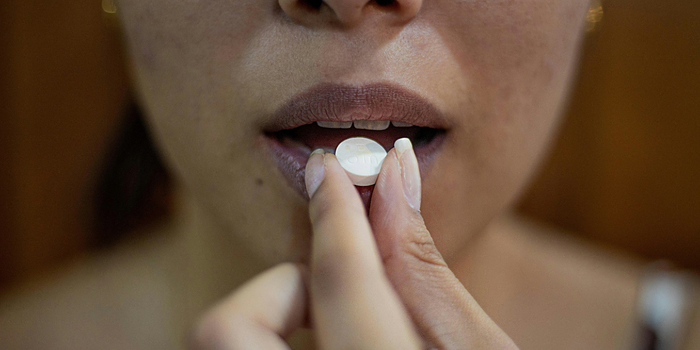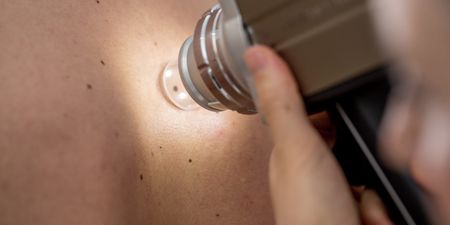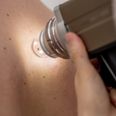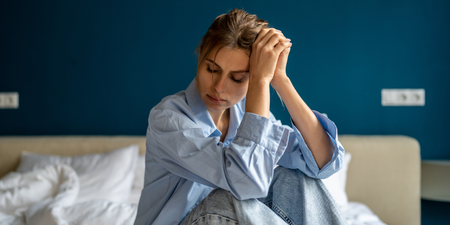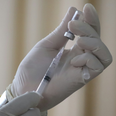Can inositol actually help your mental health?
There is so much we can do to help our mental health, but something I didn’t consider before was taking supplements. Having a healthy lifestyle can often boost our mental health as they go hand in hand. I started taking inositol at the start of the year and it has had quite a positive impact on my mental wellbeing.
I had never heard of inositol until it was recommended to me by a doctor. The supplement is often used to help balance certain chemicals in your body, which can help people who have depression, obsessive-compulsive disorder, and panic disorder.
However, medical professionals have stressed that more research needs to be done.
What exactly is inositol?
Inositol is a type of sugar that has multiple important functions. It is often referred to as vitamin B8 but one of its main components is to balance brain chemicals.
There is limited research but current findings have confirmed that inositol may help relieve the symptoms of a panic disorder.
A panic disorder is a severe form of anxiety that causes frequent panic attacks.
Symptoms of a panic disorder include dizziness, sweating, a numb sensation in the hands, a rapid heartbeat, and shortness of breath. The main feeling associated with panic disorders is a deep feeling of dread and intense fear.
A study of 20 people discovered that taking an 18-gram inositol supplement helped reduce the frequency of panic attacks.
They took the supplement for one month and found that their symptoms had lessened a noticeable amount.
There are some risks associated with taking inositol, but medical experts have stressed that they are minor like dizziness, trouble sleeping, and headache.
“Inositol supplements are associated with very few and only mild adverse effects,” they stated.
Personally, I have noticed a noticeable improvement in my mental well-being since I started taking inositol, but it goes hand in hand with getting mental health treatment like therapy, as well as following a healthy lifestyle.
You should always contact your GP before you start taking a new supplement.
READ MORE:
- Louise Thompson’s son had the most moving reaction to her stoma bag
- Meghan Markle fears she will be blamed if her kids are ‘deprived’ of royal life
- ‘A gift to your future self’ — Everything you need to know about egg freezing
- The bridesmaid wedding trend is rising in popularity in 2024
- ‘Treated like criminals’ — Calls for urgent reform of abortion services in Ireland
- ‘After three failed attempts, I finally passed my driving test — Here’s what helped my driving anxiety’
- What is micro-feminism? Fighting gender inequality in little ways
- Paul Mescal’s mum reminds us about the power of hope amid cancer battle
